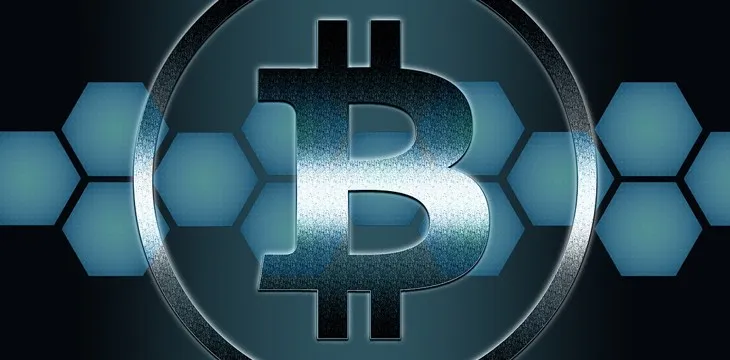|
Getting your Trinity Audio player ready...
|
Anypay, the Bitcoin service provider that makes it easy for merchants and consumers to use Bitcoin in commerce, recommends that merchants and consumers do not use BTC for payments. In a recent blog post, Anypay President Derrick Horton explored a few of the many reasons why BTC is one of the worst digital assets to use for payment settlement.
BTC Transaction Fees
The Anypay blog dives into why “Using BTC sucks,” and mainly focuses on how BTC’s expensive transaction fees and long block confirmation times make it an unattractive payment method.
“At the time of publishing (May 21), the cost to get your BTC transaction into the next block on the BTC blockchain is 318 sats/byte (roughly $7.50),” Horton wrote. “Let us say you are patient and can wait an extra twenty minutes to an hour, so you include a fee of $5.00…Even if your customer is only sending you $1.00, they have to pay $1.00 to you, plus $5.00 on top of that to send the transaction. It costs them $6.00 to send you $1.00.”
If you are looking to send a small amount of BTC, then most of the time, the transaction fee will be more expensive than the value of money you are sending. Even if you are looking to send or receive a larger amount of money, you will run into obstacles.
If I paid you $25.00 in BTC, it would cost me $25.00 plus $5.00 to get it to you. Then you would have $25.00 in BTC, but you can only spend $20.00 worth because $5.00 gets eaten up in fees.
Because fees are so expensive and eat away from the total amount being sent, it is inconvenient for merchants to accept BTC. The transaction fee is subtracted from the amount being sent, therefore, the amount of money a merchant would receive in their wallet is reduced in the amount of the transaction fee. As a merchant, you want the value you receive to be equal to the price tag of the good or service being sold, but when you transact with BTC, it is unpredictable if you will receive that amount of value, or significantly less.
We reached out to Anypay president Derrick Horton to learn more about why using BTC for payments is suboptimal, but did not hear back before publishing time.
BSV is better for payments—and everything else
Although BTC is not a good payment vehicle, Bitcoin SV (BSV)—the original Bitcoin—is. According to Coin.Dance, the Bitcoin statistics platform, it is currently 10,956.07x more expensive to transact on BTC than it is on BSV. BSV has several features that make it the best digital asset to make payments with, beyond that, there are many BSV apps that the blockchain community uses each and every day.
The Anypay blog closes out by examining why BSV is the better blockchain:
[BSV has] the economic conditions you want. A fixed protocol. Competition among service providers. Freedom to differentiate. A predictable supply of monetary units with a fixed upper limit. Put all this together, and you have the best tool for communicating value among people the world has ever seen.
BSV is the original bitcoin, it follows the bitcoin white paper created by Satoshi Nakamoto to a T. For those reasons, BSV can be used as peer-to-peer electronic cash without running into any of the obstacles that BTC runs into.

 07-05-2025
07-05-2025 





